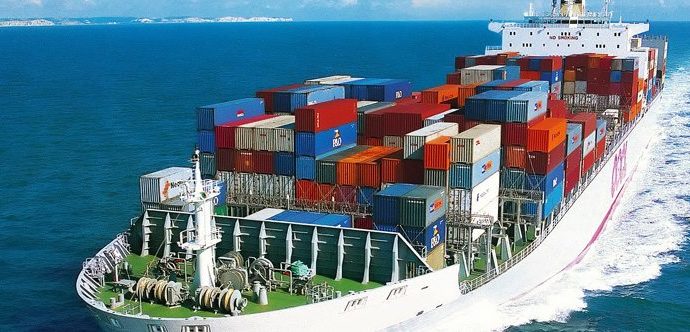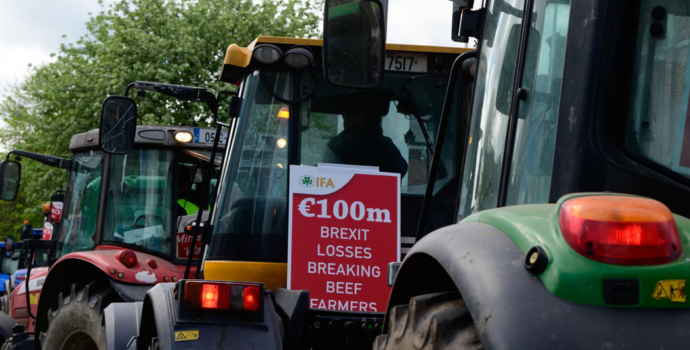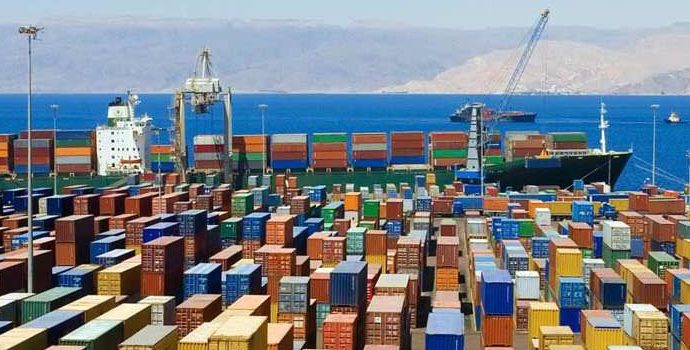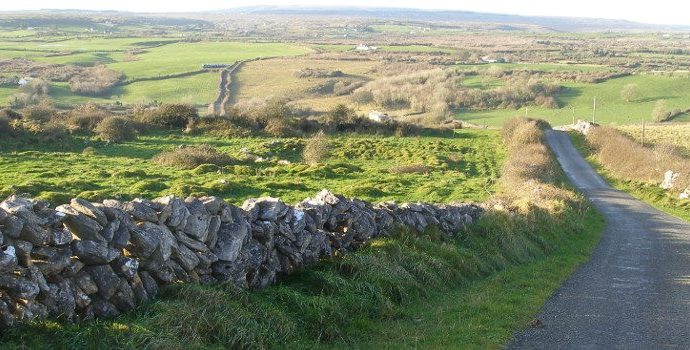Brexit Reports
Brexit Council Report December 2020
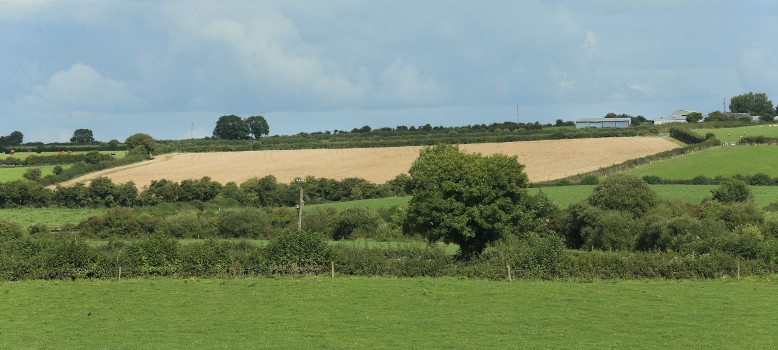
UK leaves Single Market and Customs Union on 31st Dec 2020 – Deal or No Deal
- “Make or break” time – to do an EU-UK Free Trade Agreement
- UK has ruled out extension
- European Parliament prepared to meet between Christmas and New Year to ratify a deal
- Crucial face-to-face negotiations are expected this weekend 27-29 Nov in London or Brussels, after a positive coronavirus test disrupted in-person meetings.
- Make-your-mind-up-time for Boris Johnson – Doing a deal requires compromises by BJ on
- Level Playing Field & standards including food quality and SPS – where EU wants non-regression on existing standards and a ratchet clause whereby some standards would go higher and
- Governance – an adjudication system to resolve disputes and
- Compromises on Fishing by both sides
- UK Internal Markets Bill
- Clauses that break NI Protocol part of Withdrawal Agreement must be dropped.
- US President-elect Joe Biden has warned over risk to Good Friday Agreement and any US-UK FTA.
- Thin FTA – best case scenario, hopefully a basis for a stable relationship
- FTA on goods with zero tariffs & zero quotas
- Effective LPF and dispute resolution mechanisms are essential
- Would prevent UK doing other trade deals which undermine standards and/or value of UK market and thereby destabilise EU market prices
- EU must reserve right to apply retaliatory tariffs and/or quotas in response to unfair competition.
- Deal strongly backed by Chancellor Rishi Sunak & Minister Michael Gove
- Also great majority of industry and employers, reeling from impact of COVID-19
- Requires BJ to face down hard-line Brexiteers, European Research Group, Vote Leave campaigners including Dominic Cummings etc.
- No deal – would be massive blow to Irish farmers’ livelihoods
- Trade on WTO terms, ie Irish agri-food exports would face prohibitive tariffs.
- To maintain food supplies, UK would probably introduce tariff-free quotas
- Irish & EU exports would then be in direct competition with third countries, prices would fall and the value of the UK market to Irish farmers would be substantially reduced.
Major changes for exporters from 1st Jan 2021 – Deal or No-Deal
- Longer delivery times, increased administration and costs are inevitable
- A deal would mean goodwill to resolve problems
- No deal would mean recriminations & EU unilateral temporary arrangements
- Irish Government Brexit Readiness Action Plan & publicity campaign for business and traders
- Customs checks & Controls: new EU and GB controls on imports from GB and EU
- Regulatory compliance checks: on imports by EU and UK authorities
- Rules of origin: Goods imported into the EU from the UK will have to demonstrate their originating status to qualify under a future FTA or be subject to tariffs
- UK Landbridge to be disrupted at cross-Channel ports
- UK Customs computer systems and physical infrastructure not ready
- UK government estimates in worst case scenario that 30-50% of trucks will not be ready, reducing traffic by 20-40%, and causing 7,000 trucks to be delayed for up to two days, with disruption lasting up to three months
- Direct Ireland-EU ferry services
- Additional capacity, daily frequency.
- Additional capacity, daily frequency.
NI Protocol – to avoid a hard border in Ireland
- Takes effect 1st Jan 2021– deal or no deal
- Requires EU Customs and SM rules to apply to all goods entering NI from GB – details being worked out by a special committee
- EU tariffs to apply, unless goods are not at risk of entering the Republic.
- UK putting in temporary facilities for expanded SPS checks at NI ports because permanent infrastructure won’t be ready.
- UK wants NI businesses will have unfettered access to GB – not clear how NI and RoI goods are to be distinguished.
- Latest reports say certain chilled and processed meat products such as sausages, burgers and mince would not be allowed to enter NI from GB, and UK would retaliate with a reciprocal ban on Irish exports to mainland UK,
IFA Brexit Emergency Plan
- On 15th October, IFA President Tm Cullinan launched the IFA Brexit Emergency Plan setting out in three steps the Irish and EU support measures required by farmers:
- Step 1 looks for trade based on tariff-free and quota-free access; full recognition for the Irish protocol; and regulations at borders.
- Step 2 calls for a suspension of imports, particularly from Mercosur; the suspension of trade negotiations on sensitive products and State Aid rules; and support for direct shipping to the EU.
- Step 3 deals with the €5bn Brexit fund, which must increase in all scenarios. This step must also provide full compensation for any losses arising from Brexit, including Sterling volatility, for all sectors. It’s also looking for an increase in the Government’s contingency fund and a commitment from food processors to show loyalty to Irish product.
Bryan Barry – Association Secretary

